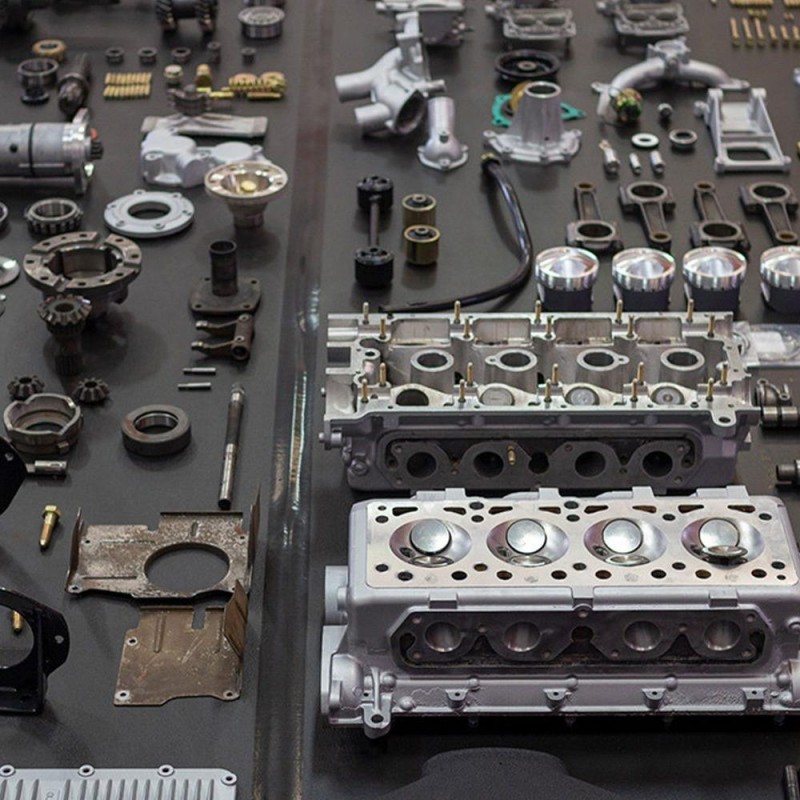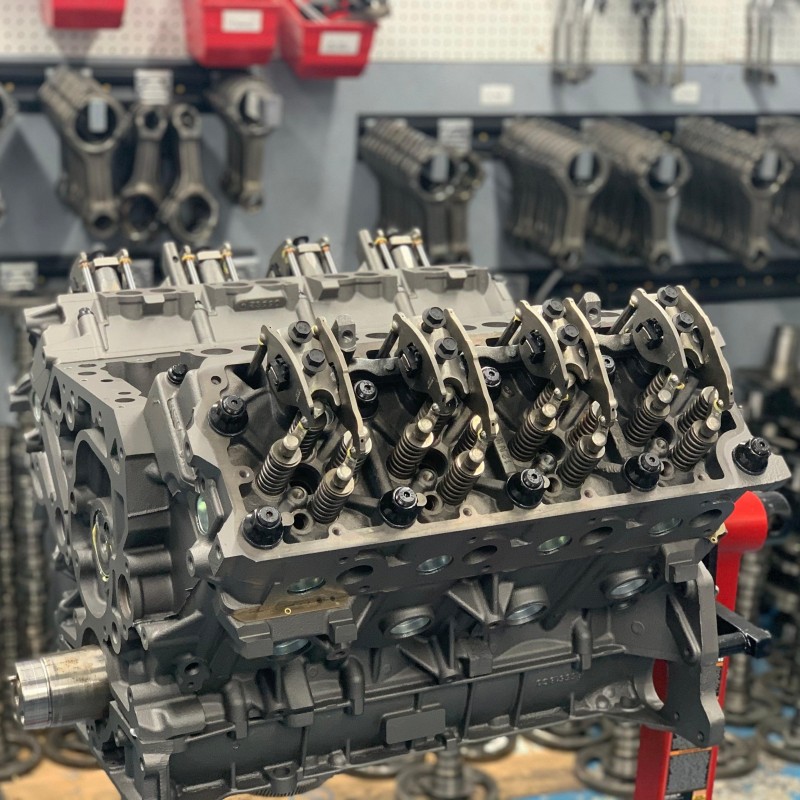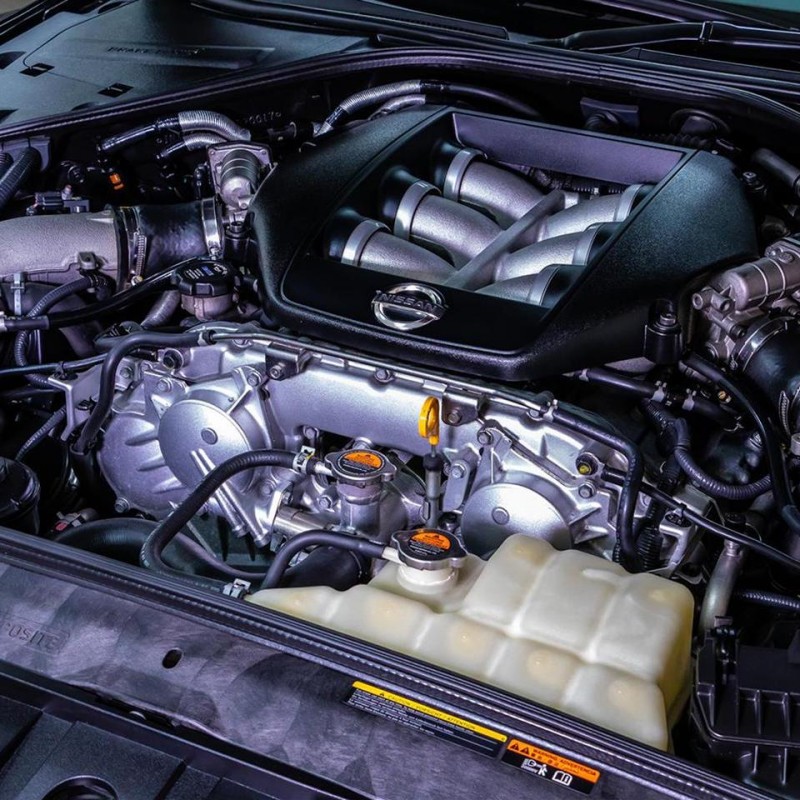The engine is the heart of any vehicle. It powers the entire machine, making it essential for the car’s operation. While most vehicle owners cherish their engines, some may find themselves curious about the catastrophic methods to ruin them. If you’ve ever wondered how to destroy your engine in one minute, this article is for you. We will explore various extreme actions that can lead to immediate engine failure. From neglecting basic maintenance to performing risky techniques, we’ll cover it all. We do not advocate these actions; instead, we aim to raise awareness of the importance of vehicle care and understanding the potential consequences of carelessness. In this detailed exploration, we’ll examine several strategies for rapid engine destruction, providing insight into how easy it can be to damage such a critical component of your vehicle.
The Consequences of Engine Damage
Before diving into the methods of how to destroy your engine in one minute, it is essential to understand the implications of such actions. Engine damage can lead to significant financial burdens, wasted time, and a range of logistical nightmares. Repairing or replacing an engine can cost thousands of dollars, depending on the make and model of the vehicle and whether the damage is internal or external. Additionally, if a vehicle is left inoperable, this can affect daily commutes and disrupt personal and professional commitments.
Long-term engine damage does not remain confined to the engine compartment; it can impact the entire vehicle. The residual effects of engine failure can lead to damage to other vital systems like the transmission or electrical wiring, complicating repairs. Knowing how to destroy your engine instantly serves as a reminder of the need for regular maintenance and care.
Neglecting Oil Changes
One of the quickest ways to cause damage to an engine involves neglecting regular oil changes. Oil is essential for lubrication and cooling within the engine. Without proper lubrication, friction builds up, leading to overheating or, worse, a complete engine seizure. If you decide to ignore oil changes for extended periods, the oil becomes contaminated and breaks down, losing its effectiveness.
Consider this scenario: you let your engine run low on oil and, instead of refilling it, you push your vehicle to its limits. Within a minute of high-performance driving on low oil, the engine can quickly overheat and seize, leading to catastrophic damage. It’s a clear example of how neglecting basic maintenance can be a fast track to engine failure.
Overheating the Engine
Another method of how to destroy your engine in one minute involves deliberately overheating it. An engine can overheat due to several reasons, including coolant leaks, malfunctioning thermostats, or blocked radiators. If you push your vehicle past its limits, neglecting warning signs or indicators, it can lead to an intense combustion, creating stress on the engine components.
Suppose you rev the engine excessively while idle, refusing to allow it to cool for just one minute. In that brief period, the engine temperature could rise dramatically, warping the cylinder heads or damaging the engine block. This severe damage could lead to complete engine failure, making it another prime method of destruction.
Fuel Contamination
Using inappropriate fuel types can also lead to disastrous results. Most vehicles are designed for specific fuel requirements. Introducing kerosene, diesel, or even water into a gasoline engine can jeopardize its components. The fuel system, combustion chamber, and injectors all react negatively to contamination.
Suppose you decide to fill your tank with the wrong type of fuel. In just a couple of minutes, the fuel pump will struggle to deliver the contaminated fuel to the engine. The combusiton chamber can quickly become clogged, leading to significant pressure buildup and potentially blowing the engine apart. This is just one more example of how poor fuel decisions can have immediate and devastating consequences.
Ignoring Warning Lights
Modern vehicles come equipped with warning lights to alert drivers to potential issues. Ignoring these warnings can lead to dramatic failures. For example, the check engine light can indicate numerous severe problems, including low oil pressure, overheating, or failures in the exhaust system.
Consider this scenario: you notice the check engine light illuminated but proceed to drive aggressively for just one minute. This decision could put enormous stress on already compromised components, leading to critical failures almost instantly. Ignoring these signals can be incredibly damaging and is a reckless way to ensure engine destruction.
Removing Engine Components
If you want to see how to destroy your engine in one minute, remove critical components such as the radiator or oil filter. The radiator plays a vital role in cooling the engine; without it, temperatures will skyrocket. Similarly, removing the oil filter affects the oil’s ability to be circulated effectively.
Once you execute this action, the engine becomes instantly vulnerable. Running the vehicle without these essential components can cause damage in less than a minute, as the engine will quickly overheat and seize due to lack of lubrication and cooling. Such reckless behavior emphasizes how vital every single component is to engine health.
Revving the Engine with No Load
Revving an engine without any load may sound harmless, but it is genuinely reckless. This action places significant stress on engine components when the engine revs high in a short amount of time. As a result, the pistons may not have adequate lubrication, and components such as bearings can suffer from increased wear.
If you push the engine RPMs through the roof—even for only a minute— you place undue strain on components like the rods and crankshaft. The increased RPMs without appropriate load can lead to catastrophic failure as parts may bend or break under excessive force.
Recognizing Signs of Impending Engine Failure
Being aware of early signs of engine distress can be the difference between minor repairs and a complete engine overhaul. Knowing what to watch for can enable you to address problems before they escalate.
Unusual Noises
Strange sounds coming from the engine can indicate underlying issues. Clicking, knocking, or grinding sounds are usually signs of severe problems that should be evaluated immediately. Ignoring these sounds can lead to catastrophic damage to internal components.
Oil Discoloration and Contamination
Regularly inspecting your engine oil is crucial. Healthy oil should be a clear amber color and relatively transparent. If the oil appears dark and sludgy or contains metallic particles, it’s time for a change.
Excessive Exhaust Smoke
Visible smoke from the exhaust can indicate serious engine problems. Blue smoke could signal that oil is burning, while black smoke suggests too much fuel is being injected into the combustion chamber.
White smoke may indicate coolant leaking into the engine. Regardless of color, seeing exhaust smoke can be worrisome, and getting your vehicle checked by a professional can prevent further damage.
Reduced Performance
If you notice a sudden drop in vehicle performance, it could mean that something is wrong. Lower power, poor acceleration, or difficulty starting are all signs that the engine requires immediate attention. These symptoms should never be ignored.
Conclusion: The Importance of Engine Care
In conclusion, while understanding how to destroy your engine in one minute may be an interesting thought experiment, it highlights the importance of vehicle maintenance and care. The sheer simplicity of these actions emphasizes just how quickly an engine can go from functioning properly to inoperable due to neglect or recklessness.
Most vehicles rely on a well-cared-for engine to maintain their performance, efficiency, and reliability. Regular oil changes, prompt attention to warning lights, and using the appropriate fuel can help prevent catastrophic damage. Instead of focusing on destructive actions, the best approach is to give your engine the care it deserves. This knowledge serves as a reminder to appreciate the intricacies of automotive engineering and the vital role that each component plays.


